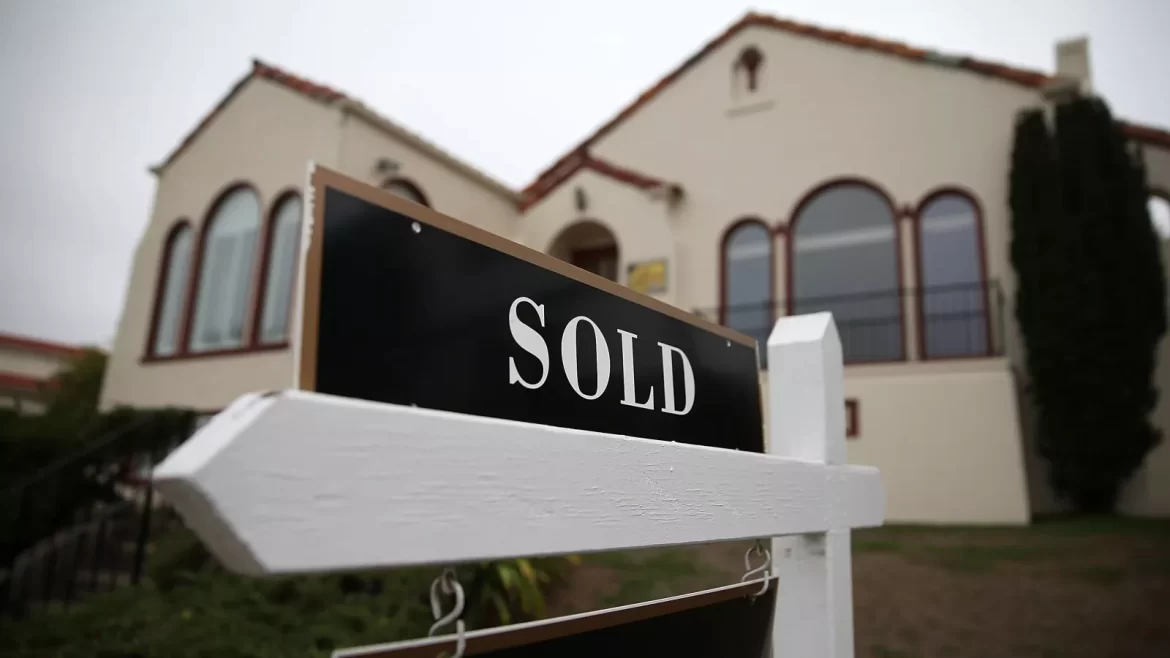We see reports that young people are being driven out of Boston due to high rents and lack of ability to buy homes; blue states are shown to have a severe lack of inventory, while states like Texas have seen home prices plummet. Inconsistency reigns supreme. But there is one promising trend—the increase across markets in female buyers, and empowering them, could be the key to stabilizing the market and economy at large.
Until 1974, buying a home as a single woman was almost impossible. While the Equal Credit Opportunity Act and Fair Housing Act helped to level the playing field, women continued to be less inclined to buy a home than their single male counterparts. Much of this had to do with the high wage gap and lack of employment opportunities, younger age of marriage throughout the 1980s and 1990s, and of course the high interest rates and low likelihood of securing a mortgage. In short–women had too many hoops to jump through both financially and societally.
But that’s all changing.
According to an analysis of the 2021 census data by Lending Tree, single women are more likely to own a home than their male counterparts. In fact, the study revealed that women owned 2.71 million more homes than men did.
So why the sudden shift?
Women are finally being empowered economically.
Higher education has seen a dramatic shift in enrollment over the last several years, with men opting to eschew college for trade school or no degree at all. In fact, only 39 percent of men who completed high school opted to attend college in 2021. With the increase in women obtaining degrees, access to employment, advancement, and even roles within the C-suite has also grown, lessening the wage gap and increasing opportunities for financial independence.
Loans have gotten better, and easier to obtain.
There is still work to be done here, but there is significantly better access to loans and mortgages tailored specifically for first-time homebuyers and single people. Furthermore, women are shown time and time again to be more reliable at paying their mortgages and getting out of debt.
They have an eye for investment.
Women, especially those in their 30s and 40s, have lived through crisis after crisis. The recession, the pandemic, life changing events have defined their working careers leading to the overall sentiment that safeguarding your future is paramount.
Increasingly, women have looked to real estate not only as a home, but as an investment that is protected from volatile markets and job shifts.
Societal pressures have changed.
More women are getting married later in life, after building a career and acquiring assets. Additionally, the percentage of women opting not to get married at all has increased, while a recent study showed that the quiet quitting trend had extended to marriages, with women initiating about 70 percent of all divorces. They’re no longer waiting for a man to build the life they want. They’re doing it themselves.
As an institution, we need to continue to empower women if we want to see an overall shift in the market and economy writ large. We need to commit to fair lending practices, lowering the gender bias toward women so that they can gain access to even more loan and mortgage options.
We need to provide financial education and resources to women and girls throughout their education and adult lives, so they know what is possible—and responsible.
And we need to support policies that continue to close the wage gap ensuring equal opportunities. If we don’t, the risks are innumerable, ranging from loss of diversity in the housing market and slowdown in growth, to the reversal of progress made toward gender parity in financial independence and economic stagnation.


